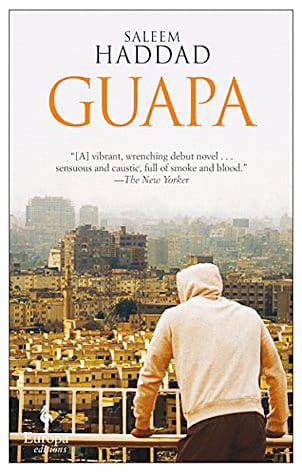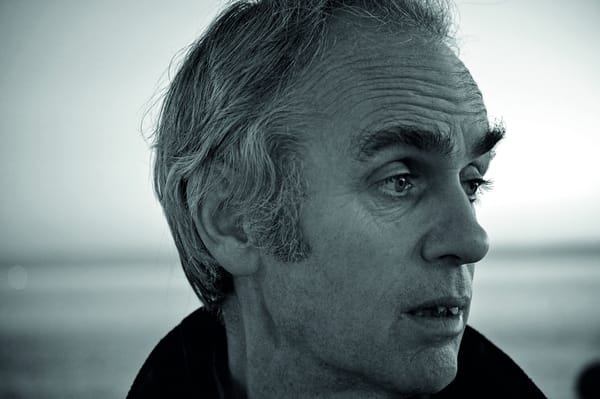Debut novel challenges traditions of the Arab world
Saleem Haddad’s first novel Guapa follows a day in the life of a gay man in an Arab city, questioning deep-set societal expectations.

The first time I heard of this book was when I watched the author being interviewed on an Arab channel. Not having watched the interview from the beginning, I didn’t know what the novel was about, but I was intrigued by their discussion of Arab culture and traditions. When I learnt that the book follows a gay Arab man in an unnamed Arab country, I knew I had to read it.
The novel follows one day in the life of Rasa, a twenty seven-year-old gay man, living with his grandmother, who in the book represents the voice of societal expectations. It is set in an Arab city rocked by the events of the Arab Spring. The day begins with his grandmother finding him in bed with Taymour, his lover of three years, whose wedding Rasa is to attend that very evening. As we follow Rasa throughout this day we get a clear, vivid insight into the political uprisings, his upbringing, Arab culture and tradition, and the respite that Guapa, a bar with an underground gay club, brings him.
“He deftly showed how the concept embodied by a small word like eib, or shame, can be used to dictate one’s behaviour”
Frankly, I was quite surprised by how well Haddad handled such difficult themes with relative ease. He was able to capture so well how stifling some cultural and traditional expectations can be – expectations that are based on a nonsensical inheritance of traditions passed religiously down every generation. He deftly showed how the concept embodied by a small word like eib, or shame, can be used to dictate one’s behaviour lest you draw too much attention to yourself. And, of course, let us not forget the all too important question attached to every action one commits: What would people say?

Being an Arab myself, I completely understand how rigid society’s definition of what is acceptable can be, and how reluctant people seem to be to do anything, no matter how insignificant the action, for fear of how others would perceive it. Haddad was able to depict these restrictions and their consequences so well in Mimi, Rasa’s old high school friend. Seated beside Rasa during the wedding, she keeps leaning in, whispering to him her little secrets – how overbearing her mother-in-law is, how she regrets never doing what she wanted but what society demanded of her.
While the novel is easy to read, the writing did seem slightly stilted at times and one can tell that this is indeed a debut novel. But that does not detract from the important themes it considers; Haddad has masterfully handled many crucial and difficult topics. Rasa’s grandmother is the epitome of a domineering Arab matriarch, so faithfully depicted, especially through her speeches, which made me laugh to the point of tears at times.
In my opinion, it is high time that we have an open, transparent dialogue of homosexuality in the Arab world. We all know or have heard of a gay Arab person, but steadfastly refuse to confront it and have a serious conversation about it. Some are strongly opposed to it, due to religious and cultural reasons, while others tolerate it as long as it is kept out of their sight.
“Haddad has masterfully handled so many crucial and difficult themes”
Although countries like Bahrain and Jordan have not criminalised homosexuality, LGBTQ individuals still face discrimination if they outwardly display their sexuality. The majority of the Gulf States have prison terms for male homosexuality, and it is punishable by death in Saudi Arabia and Iraq. I believe these views are slowly, but surely, evolving.
My visit to Liverpool in summer coincided with Pride. I was transfixed by the intense energy the participants brought to the city, through the music of the marching bands, the choreographed dances, and the sheer number of participants. I saw people bearing flags from various Middle Eastern countries including Iran, Kuwait, and Oman. There were a few protestors voicing their discontent, but that hardly affected the festival’s atmosphere.
Considering the more progressive views of the younger generations, a discussion on treatment of LGBTQ Arabs needs to be had; hopefully, this novel will encourage it.









